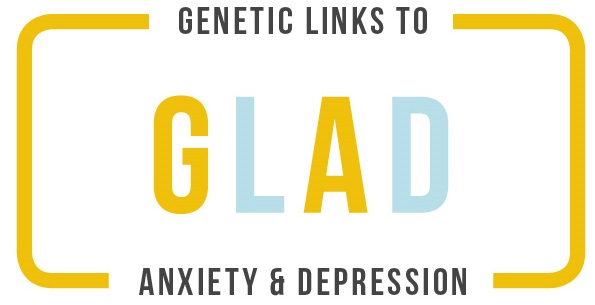Welcome to the first post in our next blog series: Mythbusters! This series is about common “myths” or beliefs about genetics and psychology, particularly those that have arisen in conversations we have been having with members of the public about the “Genetic Links to Anxiety and Depression” or GLAD Study. There are many easily made misunderstandings about the meaning of research findings , including issues such as research ethics and data security, and about the big picture of why our research is important. Below are examples of some of the questions/comments that we have received:
- “Not more money for research! We should be putting all of that money into the NHS to treat these disorders instead.”
- “Everyone feels depressed or anxious sometimes. People should just learn how to deal with their emotions!”
- “Nobody has found the gene for depression or anxiety, so they must not be genetic.”
- “Anxiety and depression are all about trauma so why look at genetics?”
- “If I have the genes for depression or anxiety, my children will definitely develop these disorders”
Our mythbusting blog series aims to address some of the most common misconceptions that we have come across, and explain more about taking part in studies, why research is important, and how this will help future generations. We hope that these mythbusters will be accessible and interesting for everyone, and we’d love feedback on them!


